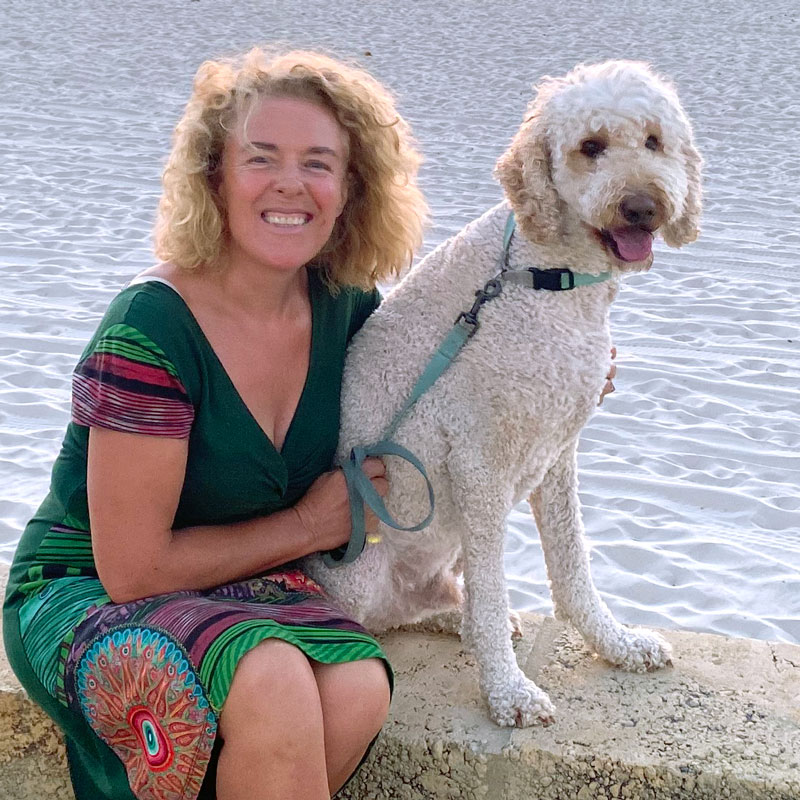I’m not OK!
This week I’m recovering from a few difficult days, that saw me grapple with strong emotions which were triggered by something that happened. The ‘old me’ would have reached for the wine, pretended it didn’t matter and would have moved on. But with 175 days of sobriety under my belt, the ‘new me’ chose to face it with courage and clarity and allow the feelings of pain and vulnerability to just be. Without going into the event itself, the ‘it’ I’m referring to is the fact that I allowed myself to be triggered in the first place. As the feelings settled, I became curious about them. How could such a seemingly trivial event bring about such an overwhelming reaction?
Digging up the past
I found the answer in the past. A memory of something I had done when I was much younger came flooding back and with it came the shame. My curiosity took me deeper into that memory and I began to see clearly why I had behaved as I did. For all these years I had carried around the shame of my actions without ever exploring it within the context of my life at the time. At that moment I was able to make peace with my mind by forgiving myself.
I often hear people say that we should leave the past alone, that there’s no point in digging it up. I used to agree with them because of how I would feel when I dug it up. But I now know that self-examination is the only way to find true peace. Of course. during the process, we are bound to encounter memories that make us angry, sad, bitter and remorseful but it is a process that also brings with it a chance to heal our pain through understanding and compassion. We should look at the past as a way to help us advance our self-development rather than as a way to find blame.
The heavy load of shame
When I think about the shame I carry around, I get a horrible feeling deep inside me. What it actually means for me is that I am unworthy of love and belonging. The more the shame dwells within, the less I believe I am worthy. I am reminded of a phrase that is used regularly by parents, ‘you should be ashamed of yourself’. Consider the power this phrase has to instil feelings of self-loathing in a child. Shame can easily become the voice in our heads that tells us that we are not good enough. It can also be the voice that asks us who the hell we think we are.
In my own experience there is a strong link between my feelings of shame and my addiction. Addiction can take a hold when a person is desperate to stop the painful feelings of shame and unworthiness that come from the constant iterations of the voices. Self-examination allows us to challenge those voices that serve only one purpose: to hold us back from realising our true potential. It’s very sad to think that people are labelled as crazy because of the voices they hear in their head. Everybody has voices in their head to some extent. To maintain good mental health, we need to acknowledge that these voices are just our inner critics and understand why they are there at all.
I am inspired by Dr Brenè Brown’s research on shame, and I love the way she shines a light on this word that provokes a visceral reaction in many of us. She says that shame needs three things to be able to grow: secrecy, silence and judgement. This makes perfect sense and ties in with my own experience. The longer we hide it away inside of us the more damage it will do in the long term through harsh self-judgement. As Dr Brown explains, shame cannot survive when it is treated with empathy. In other words, when we are able to talk about our shame to others so that it is no longer a secret, it is likely to be met with empathy. For none of us is free of shame. Life is all about the struggle to be who we are by finding our way through difficulties. We all have weaknesses and failings. This is what connects us to each other.
If you are vulnerable, then so am I
It’s funny how we always look for vulnerability in others yet we shy away from exposing our own. But as soon as someone opens up to us about their struggle, we find the space to share our own story. This allows us to connect in a deep and meaningful way. As I’ve written previously, connection is essential for our wellbeing. In having the courage to open up to others, we are inviting them to do the same.
In one of my earlier blogs I wrote about rejection and about a particularly painful experience I had as a member of a committee. I want to expand a bit more on what happened. It was the night before a major community forum that I had invested huge amounts of time and energy in organising. I was terrified it wasn’t going to go well. The organisation was in deep financial trouble and the committee carried a heavy burden for many months leading up to the forum at which its future was to be determined. A paid member of staff was highly critical of our efforts and said they would not be attending the event. We needed all the support we could get. The churning in my stomach was just one of a number of symptoms that rose up within me. How could that person not appreciate everything I was doing as a volunteer? Could they not see that I was doing my best? The staff member was shocked that I could be so angry and, believing it was directed at them, used it against me. Through self-examination I learnt that my anger came from a place of feeling unworthy and the defences I had built around that feeling. Had I allowed my vulnerability to show through as sadness rather than anger, the outcome would have been quite different. I expect that the staff member would have felt OK allowing their own vulnerability to surface. They would have had the opportunity to express their fear of losing their job if the venue were to close. Together we could have been stronger.
Bringing down the walls
During the early parts of our lives we learn so much about life through struggles. It’s never easy for anyone. We build walls to protect ourselves against these struggles as we live in fear that we will be weakened by them. It is only as we get older it becomes clear that it is these very struggles that make us human. Through self-examination we learn to accept that the walls we constructed did not enable us to live our best life as we had hoped they would.
Those walls were built to help us avoid experiences that leave us vulnerable. We hide behind them out of fear that people will see just how imperfect, flawed and unworthy we believe we are. The ironic thing is we end up also avoiding joyful experiences.
I am at the stage now where it is time to pull those walls down. Part of this endeavour requires a massive change in my thinking. I am no longer going to concern myself with what people will think of me and instead I will believe that I am enough. It is time to be transparent and to let people see the real me. I am vulnerable, I am imperfect and I am OK with that.
On that note I will leave you a quote from Dr Brenè Brown:
Vulnerability is the birthplace of innovation, creativity and change.
If you or anyone you know struggles with mental health issues, please seek support from a doctor who can refer you to a counsellor. Talking to someone helps us to maintain good mental health.
Thanks as always for taking the time to read my blog and for your continued support.

